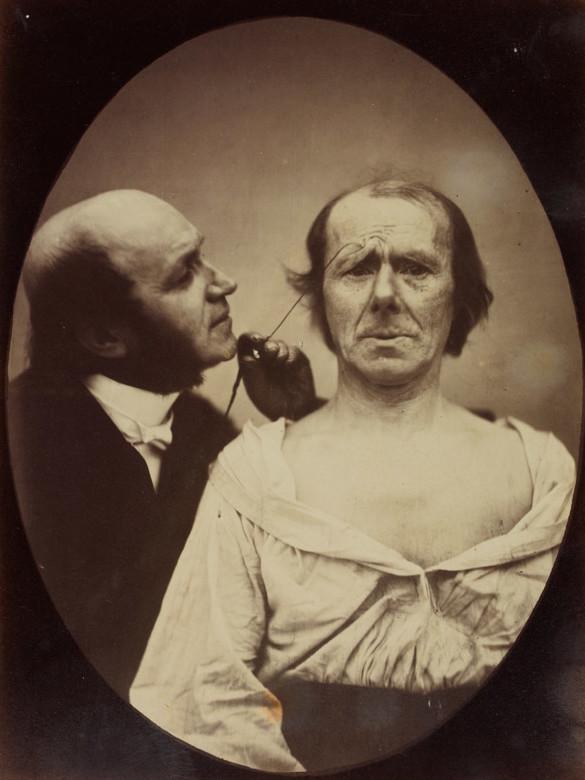My opinion may be influenced by living in NYC and knowing lots of media workers, but I believe most people are fucking miserable. And the majority never change, except to get worse. So while the implications of “mood surveillance” by corporations and governments are troubling, I don’t know that unhappiness is a problem that can be manipulated or weeded out.
That doesn’t mean there won’t be efforts to do so, though. Philip Matthews of Stuff.co.nz speaks to sociologist William Davies, author of The Happiness Industry, about the past, present and future of measuring and modifying our moods. An excerpt:
Davies asks, what does a happiness or well-being industry exist for, and who benefits from it? At times, it can resemble science-fiction or a culture of benign-seeming surveillance.
There is the wearable technology that could let managers see how stressed employees are, or how active, which has sinister potential. Could managers identify the less active or sociable sector of their workforce and find ways to remove them? They could come to similar conclusions by analysing keywords in emails and social media messages, and picking up patterns in metadata.
“While I give it a slightly sinister spin, there are people out there who think this is the future of business,” Davies says.
Measuring and then modifying the public mood could turn out to be relatively easy. There is the example of a literature festival in the UK that filmed the smiles of attendees, which were analysed by software and rated. It was described by as “the future of evaluation”.
There was the infamous Facebook experiment, in which the news feeds of nearly 700,000 users were manipulated for a week to test theories about “emotional contagion”. Some users saw more good news than usual and some saw more bad news, and Facebook found that the input had a small effect on the output. In other words, those whose feeds had been negative posted more negative comments themselves.
They have ways of making you happy. In the UK, “the science of emotion has been put to work as part of an austerity agenda that withdraws benefits from vulnerable populations”, Davies says.
It almost sounds like a perversion of motivational thinking.•


